When exploring the world of pneumatic trailers and their operations, a burning question often arises: Do you need a tanker endorsement for pneumatic trailers? This article will delve deep into this query while exploring the broader context of pneumatic trailers, regulations, and the implications for drivers and operators alike.
What is a Pneumatic Trailer?
Pneumatic trailers are specialized vehicles designed for transporting dry bulk materials like powdered substances, grains, and cement. They use pneumatic pressure to unload materials quickly and efficiently. The construction of these trailers typically includes:
- Austere Design: Sturdy bodies made from reinforced materials that resist corrosion and damage from loads.
- Tank Structure: Often spherical or cylindrical, these tanks maintain the structural integrity required for safe transportation.
- Pneumatic System: Comprised of hoses, valves, and compressors to ensure effective loading and unloading.
Key Features of Pneumatic Trailers
| Feature | Description |
|---|---|
| Capacity | Typically ranges from 1,500 to 3,500 cubic feet |
| Material Handling | Suitable for various dry bulk products |
| Unloading Method | Utilizes high-pressure air to discharge contents |
| Tank Configuration | Can be designed with single or multiple compartments |
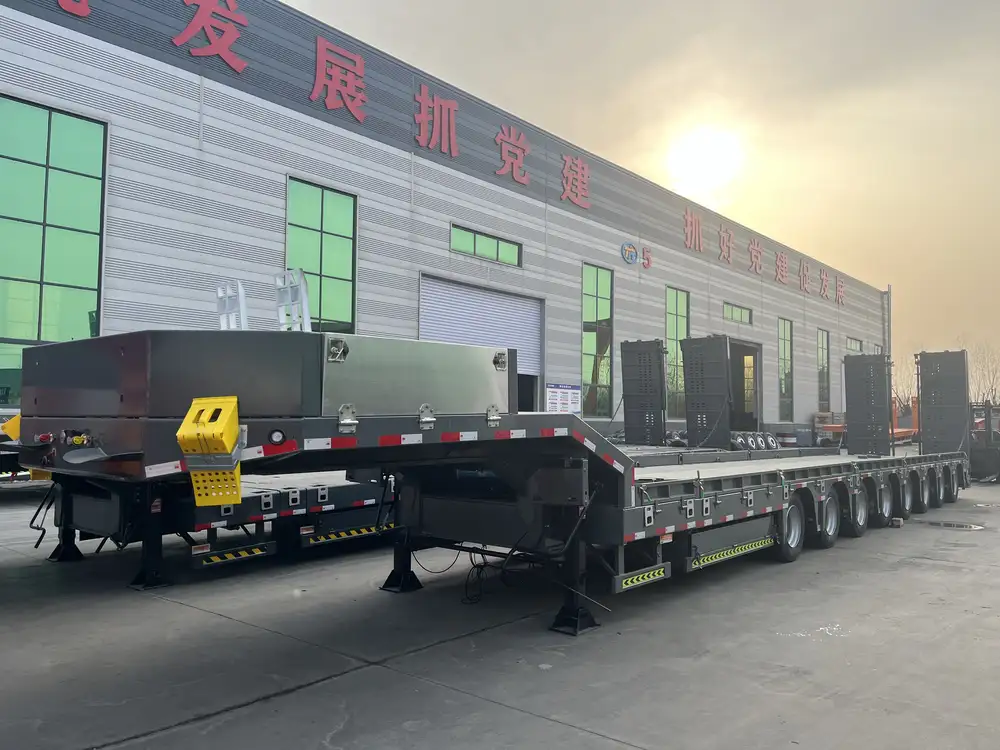
Regulatory Landscape
Understanding regulations surrounding pneumatic trailers is pivotal for operators. The tanker endorsement requirement is dictated by federal and state regulations, primarily set by the Federal Motor Carrier Safety Administration (FMCSA).
License Requirements for Tanker Operations
To legally operate a vehicle designed to transport liquids or gases, including specific pneumatic trailers, drivers often need to obtain a Tanker Endorsement (N on a commercial driver’s license). This requirement is crucial to ensure safety standards are met during the handling of potentially hazardous materials.
When is a Tanker Endorsement Necessary?
Not all pneumatic trailers require a tanker endorsement. The necessity arises from several components:
Materials Transported: If the pneumatic trailer is transporting regulated liquids or gases, an endorsement is essential. Conversely, transporting exempted substances might not require it.
State Regulations: Each state may have unique regulations regarding the operation of pneumatic trailers, which can affect endorsement requirements. Always refer to the state-specific Department of Motor Vehicles (DMV) for accurate info.
Vehicle Classification: The specific classification of the trailer and how it is labeled by its manufacturer can also dictate the need for an endorsement.
Important Note: Always verify the specifics of the materials you intend to transport. For example, if transporting bulk dry powders, a tanker endorsement may not be necessary; however, transporting any fluid or liquid necessitates appropriate credentials.
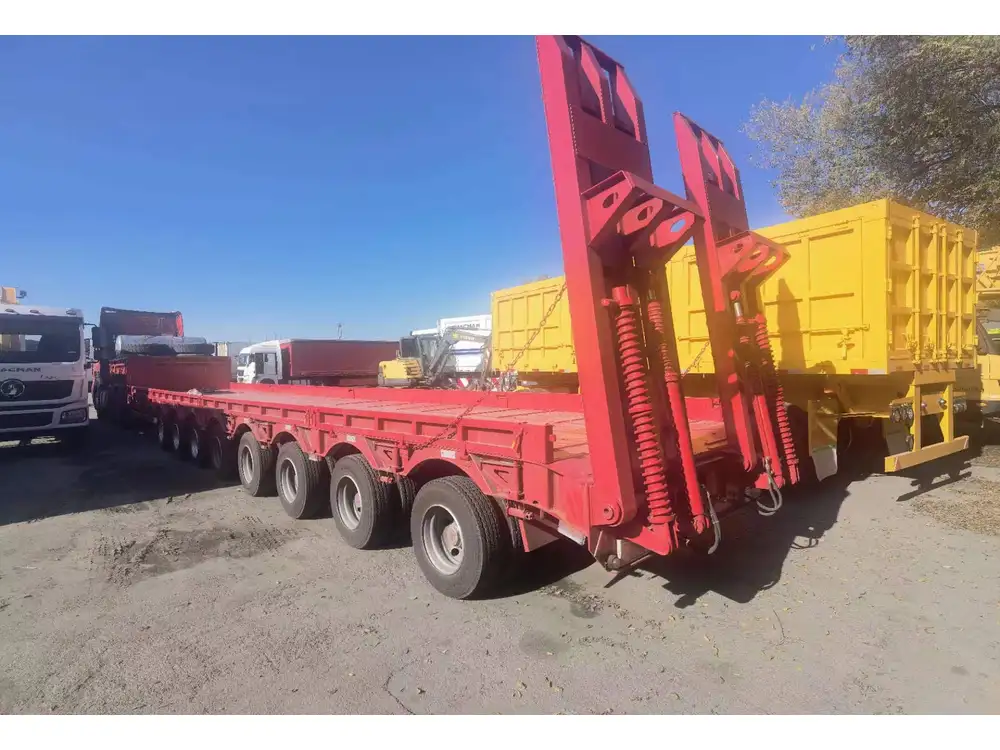
Examples of Material Transport
| Material Type | Requires Tanker Endorsement? |
|---|---|
| Dry cement | No |
| Grains | No |
| Liquid chemicals | Yes |
| Fuel oil | Yes |
| Sand | No |
The Process for Obtaining a Tanker Endorsement
Should a tanker endorsement be required, the process involves several steps:
- Prerequisites: Ensure you possess a valid commercial driver’s license (CDL).
- Study for the Test: Familiarize yourself with the specific regulations regarding tank vehicles, including safety protocols and handling procedures.
- Pass the Written Exam: The state DMV requires prospective drivers to pass a written examination focused on the unique requirements of tanker operations.
- In-Class or Behind-the-Wheel Training: This is often recommended to ensure familiarity with the vehicle type being handled.
Resources for Preparation
- FMCSA Guidelines: Access comprehensive materials and manuals on tanker operations.
- State DMV Websites: Many state authorities offer practice tests and detailed information regarding endorsement requirements.
- Driving Schools: Many institutions will provide practical training focused on tankers and hazmat operations.
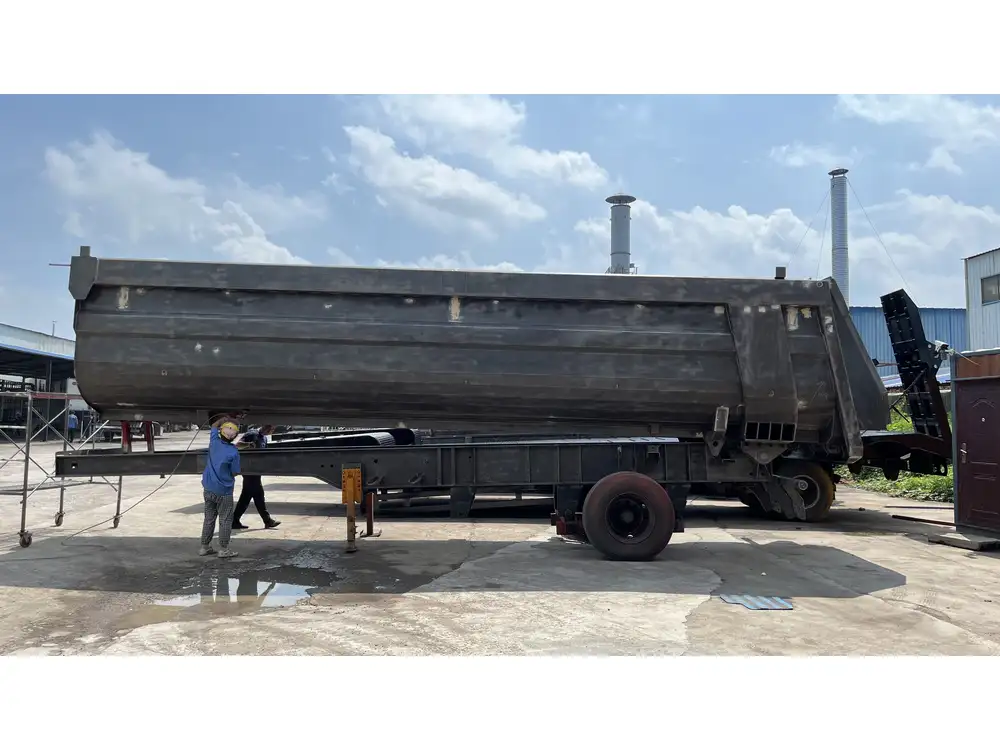
Safety Considerations and Compliance
Safety regulations surrounding pneumatic trailers ensure the protection of both the drivers and the environment. Some best practices to adhere to include:
Pre-Trip Inspection
Before every journey, a thorough inspection of the trailer is crucial. Key components should be checked:
- Hoses and Connectors: Ensure they are free of blockages and leaks.
- Tire Condition: Inspect for wear, adequate pressure, and potential blowouts.
- Brake System: Essential for safety, confirming that brakes are fully operational is mandatory.
Loading Procedures
Proper loading protocols help ensure that the materials are placed in the trailer securely and appropriately. This mitigates movement while on transit, which could cause damage to both the cargo and the trailer itself.

Compliance with Hazardous Material Regulations
If transporting hazardous materials, operators must comply with the Hazardous Materials Regulations (HMR), which include:
- Proper labeling and packaging of the transported material
- Ensuring drivers have proper training in hazardous materials handling
- Keeping emergency contact and spill response information readily available
The Importance of Training and Certification
While some drivers may feel equipped to handle pneumatic trailer operations based solely on existing experience, specialized training cannot be overstated. These programs focus on various competencies:
- Understanding Pneumatic Systems: Learning about the mechanics of loading and unloading.
- Hazard Recognition: Identifying risks associated with particular materials.
- Emergency Protocols: Training on how to act in case of unexpected situations involves intricate safety measures.
Certification Options
Various organizations provide certification programs focusing specifically on tanker operation and safety procedures. Such programs should be investigated, as they not only provide essential skills but also enhance a driver’s profile in terms of employability.
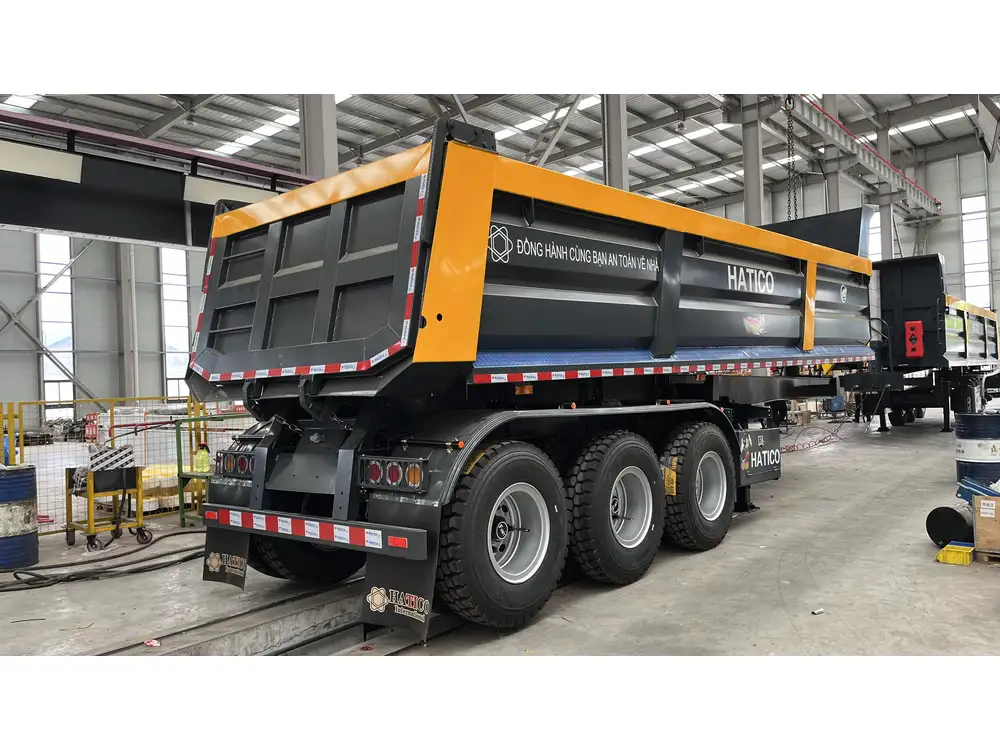
Additional Considerations for Pneumatic Trailer Operators
Insurance Requirements
Operating pneumatic trailers, especially if they involve the transport of hazardous substances, often necessitates comprehensive insurance coverage. Essential options include:
| Insurance Type | Description |
|---|---|
| Liability Insurance | Covers damages to other parties in case of an accident |
| Cargo Insurance | Protects the cargo being transported |
| Comprehensive Coverage | Protects against damage to the trailer and equipment |
Technology Integration
Modern pneumatic trailers increasingly incorporate advanced technologies that enhance operational efficiency and safety, such as:
- Telematics Systems: Real-time monitoring of trailer conditions and performance.
- Load Sensors: Providing data on the current load’s weight and distribution.
- Automated Unloading Systems: Increasing efficiency and safety during material discharge.
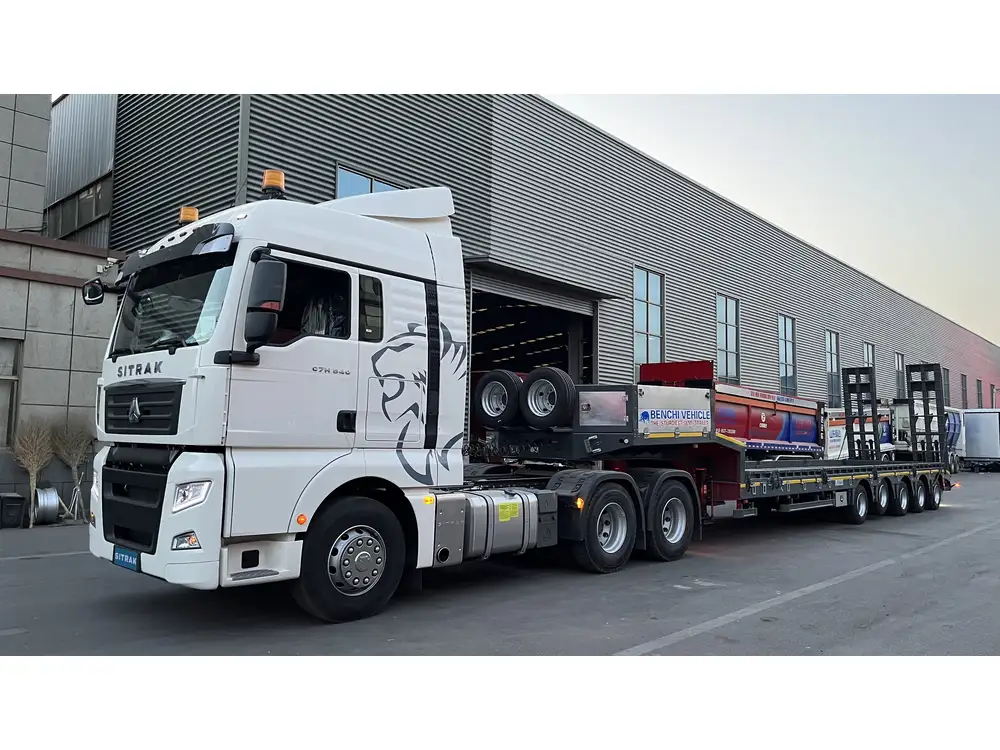
Environmental Standards
Adherence to environmental regulations is essential. Operators must ensure that their pneumatic trailers do not contribute to air pollution or hazardous spills, leading to costly fines and reputational damage.
Conclusion: Navigating the Complex Terrain
In conclusion, it is essential for operators and drivers to meticulously evaluate whether a tanker endorsement is required for pneumatic trailer operations. By acknowledging the factors influencing endorsement needs—such as load type, regulations, and safety practices—drivers can ensure compliance while maximizing efficiency.
Frequently Asked Questions (FAQs)
Can I drive a pneumatic trailer without a tanker endorsement?
- If the trailer is solely carrying dry materials that are not classified as hazardous or liquid, then a tanker endorsement may not be necessary.
What happens if I drive without the required tanker endorsement?
- Driving without the necessary endorsement can lead to hefty fines, legal ramifications, and insurance complications.
Are there exemptions for agricultural transport?
- Some states offer exemptions for agricultural transport; check your local regulations.
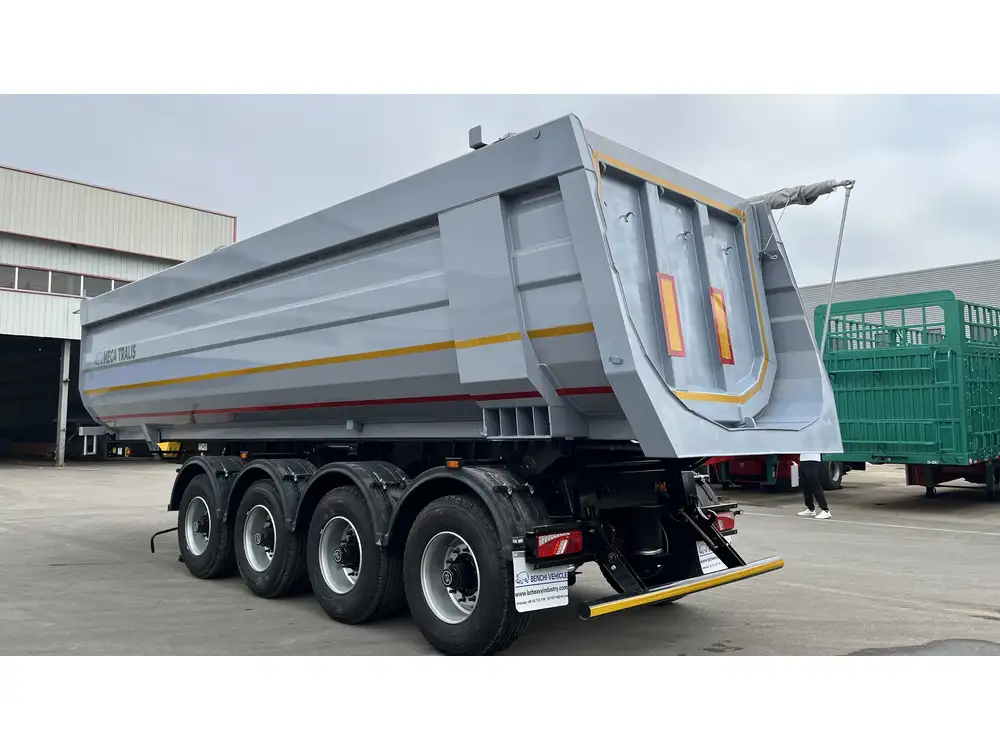
Call to Action
For operators seeking clarification on pneumatic trailer regulations or interested in specialized training programs, consulting with industry professionals or local regulatory agencies is advisable. Staying informed not only ensures compliance but also enhances overall safety and operational efficiency in your business practice.



